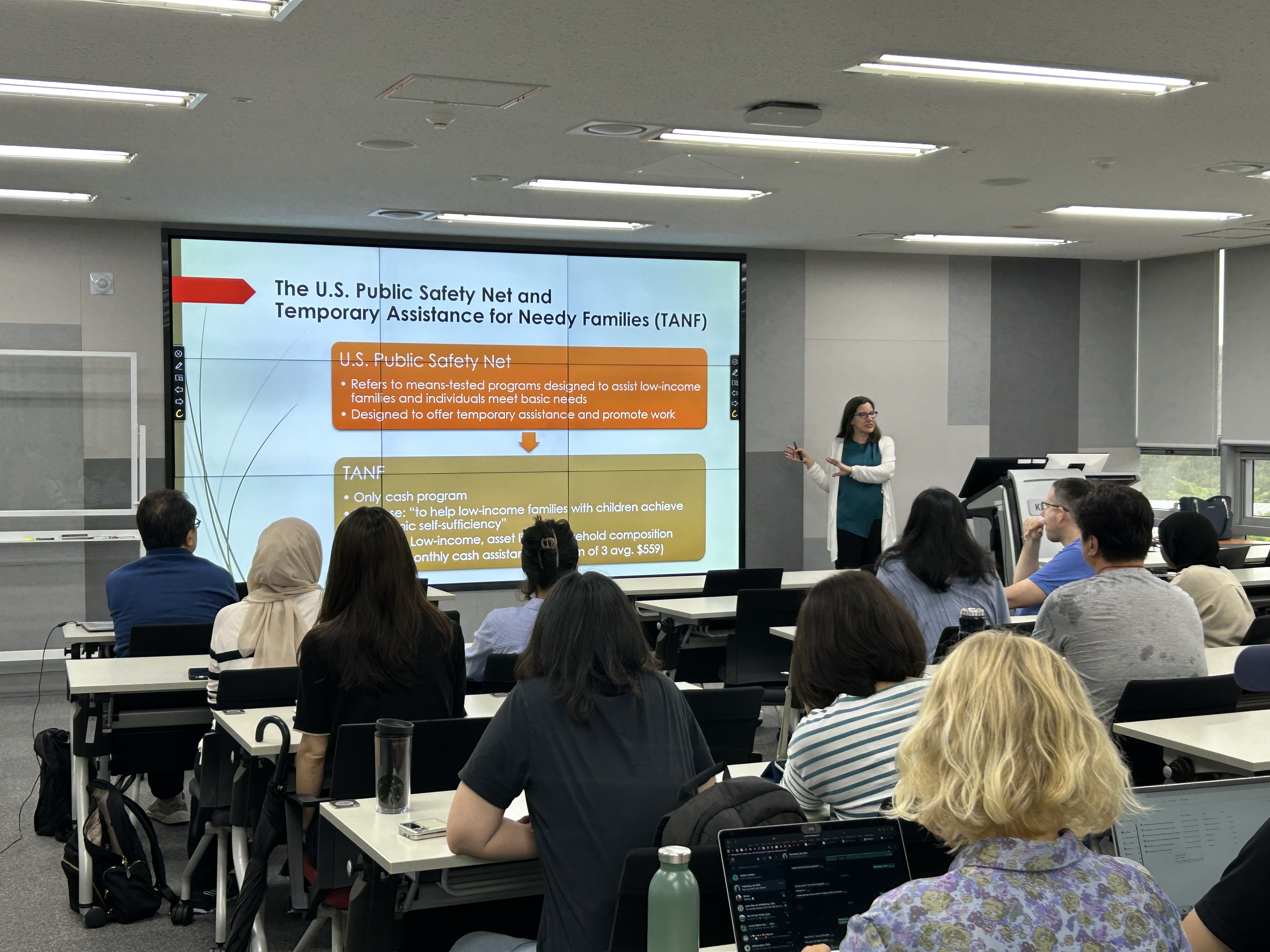A comprehensive study by the Bloustein School and commissioned by the New Jersey Apartment Association (NJAA), analyzes the economic contribution of the multi-family apartment industry to the New Jersey economy and concludes that the apartment industry – comprising over 500,000 rental units in 5+ unit buildings – is a significant component of the New Jersey economy. The study estimates that in 2010, the industry directly or indirectly supported over 44,000 jobs (1.2% of the state’s total employment), contributed $5.7 billion to the State Gross Domestic Product (GDP), generated over $1 billion in local tax revenues, and $140 million in tax revenue to the State of New Jersey. For the full report, click here.
The NJAA commissioned the Bloustein School to perform a comprehensive economic analysis of the apartment industry in order to provide officials and the industry with the insights required for future effective long-range housing policy planning.
“While it should come as no surprise to learn that rental housing is an essential source of housing for our state and that the industry that provides this housing is a multi-billion dollar industry,” stated Jean Maddalon, executive director for the NJAA. “The findings of this study, quantifying job creation and the economic impact at the state and local levels, underscore the need for legislative leaders to continue to ensure the vitality of this sector for our state’s economic success.”
“By its significant annual operating and capital expenditures, the apartment industry is a major contributor to the state’s employment, income and output,” said Will Irving, Research Associate at the Bloustein School. “In addition to the significant direct employment supported by the industry, the multiplier effects of its expenditures generate additional jobs and economic activity throughout the state economy.”
Additional key highlights from the Rutgers report for the industry’s impact in 2010 include:
- Operating expenditures and investments made each year on multifamily properties were responsible (directly and indirectly) for 44,444 jobs in New Jersey. The industry directly employed nearly 22,000 property managers, maintenance personnel, leasing professionals, administrators and other staff and was responsible for an additional 22,000 jobs in other business sectors as a result of its expenditures.
- In 2010 the apartment industry contributed :
- $1.0 billion in local tax revenue;
- $140 million in annual state tax revenue.
- Overall, the apartment industry spends approximately $4.2 billion on its annual ongoing operations and an additional $410.6 million on capital expenditures on renovations to existing structures (not including new construction activity). These direct expenditures and their subsequent impacts add $5.7 billion to the gross domestic product (GDP) for the state.
One-third of New Jersey’s working families, young couples and seniors – some three million people – call apartment living “home.” The economic impact of the multi-family housing industry in the Garden State goes well beyond that of its employees.
Download full report.
For more information about the study contact Ron Simoncinirons@axiominc.net or Marjorie Kaplan marjoriek@axiominc.net at (201) 348-8998.
For more about the NJAA visit www.njaa.com.



